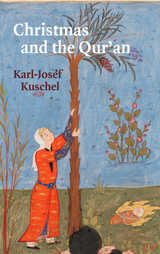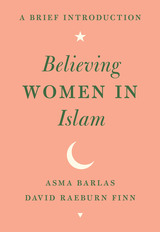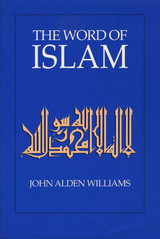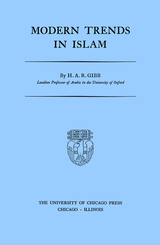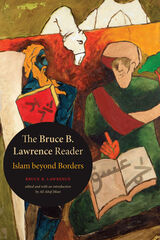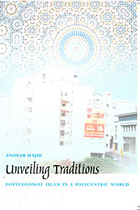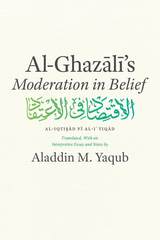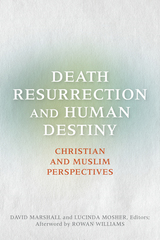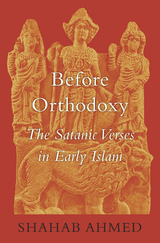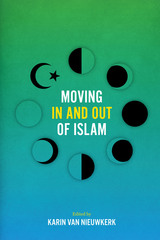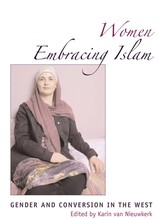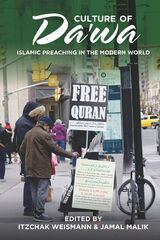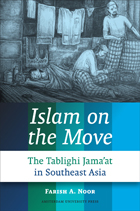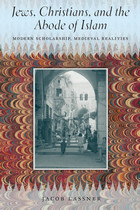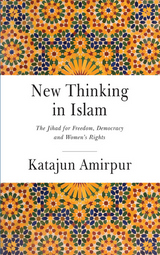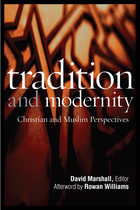Cloth: 978-0-674-66580-4
Library of Congress Classification BP166.W64 1976
Dewey Decimal Classification 297.2
Harry Wolfson was renowned throughout the world for the depth, scope, and wisdom of his monumental volumes on the structure and growth of philosophic systems from Plato to Spinoza. It was not only his extraordinary erudition that commanded respect, his awesome mastery of all the primary sources, Greek, Christian, Judaic, and Muslim; it was also his penetrating insight and his original and groundbreaking interpretations.
In this long-awaited volume, on which he worked for twenty years, Wolfson describes the body of doctrine known as the Kalam. Kalam, an Arabic term meaning "speech" and hence "discussion," was applied to early attempts in Islam to adduce philosophic proofs for religious beliefs. It later came to designate a system of religious philosophy which reached its highest point in the eleventh century; the masters of Kalam, known as Mutakallimum, were in many respects the Muslim equivalent of the Christian Church Fathers. Wolfson studies the Kalam systematically, unfolding its philosophic origins and implications and observing its repercussions in other religions. He scrutinizes the texts of Muslim writers for their treatment of such crucial problems as the attributes of God, the Creation, causality, predestination and free will. In the process he shows how the teachings of the Koran were constantly interwoven with ideas from Greek and Oriental philosophies, Judaism, and Christianity as Islamic thought developed.
As lucidly written and intellectually stimulating as all the author's earlier books, this volume is a fitting capstone to a notable career.
See other books on: Cultural & Ethnic Studies | Doctrines | Islam | Kalam | Wolfson, Harry Austryn
See other titles from Harvard University Press

